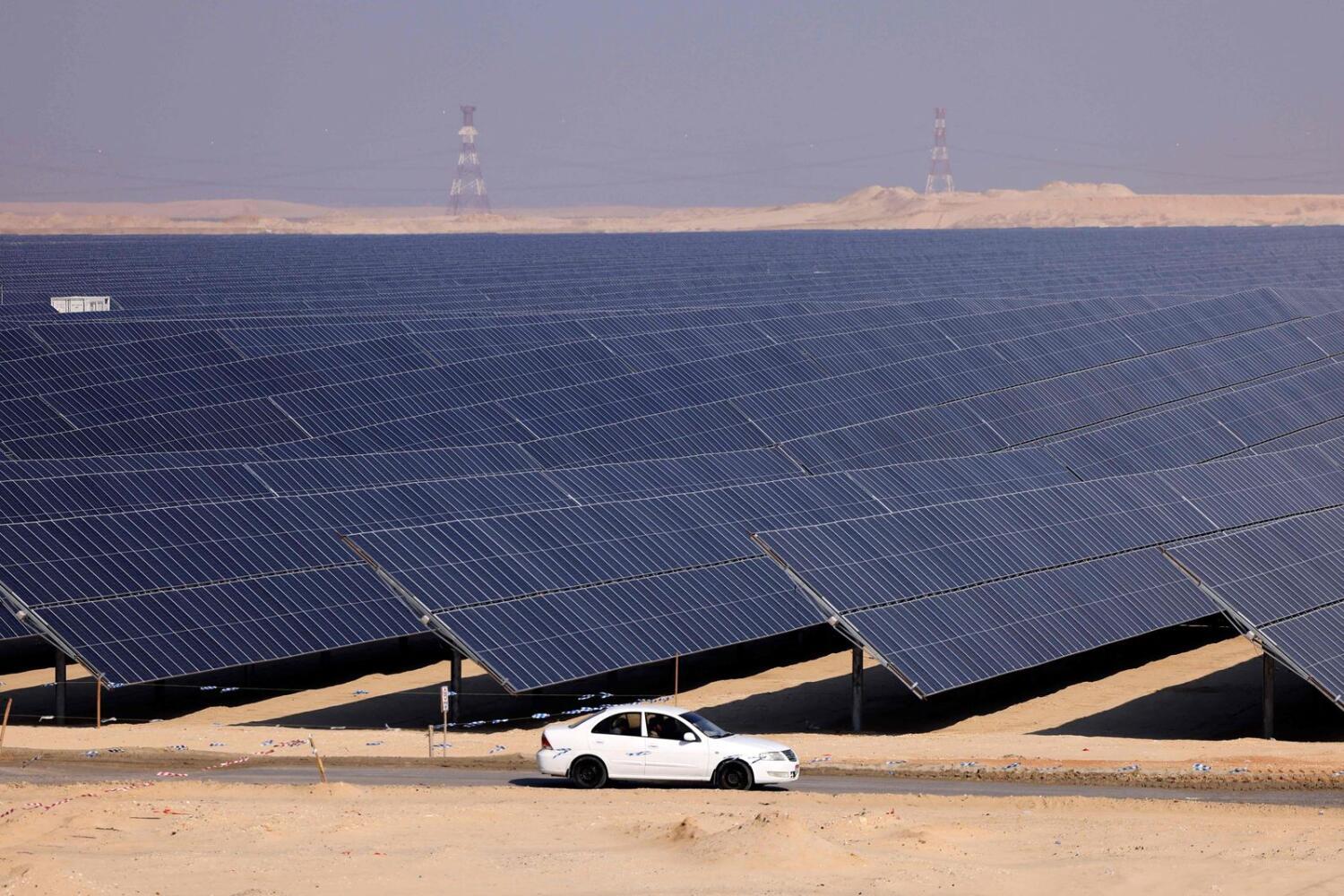The UAE has determined plans to reduce its reliance on fossil fuels and increase its use of low carbon energy with a target to achieve net zero emissions by 2050. The move, which is both ambitious and challenging, will require significant investment in low carbon energy and energy efficiency technologies. As a globally oil producing nation, the UAE’s direction towards low carbon energy is noticeable even on a grand scale.
The key drivers of the UAE’s energy transition are financial incentives. The government has introduced several programmes to support investment in low carbon energy projects, including tax breaks, low-interest loans, and grants. In addition, the UAE has many venture capital firms and sustainable finance institutions that are investing in low carbon energy startups and projects.
Dubai is ranked amongst the top 20 destination cities around the world for Greenfield FDI in the renewable energy sector. With massive investments in areas including solar energy, amongst others, it is estimated that the sector will contribute to up to 5.5 per cent higher GDP growth and create 160,000 jobs by 2030.
This year, Mubadala Energy and Masdar announced a joint venture to invest in decarbonisation and energy transition projects. The JV will have a capital of Dh20 billion ($5.4 billion) and will focus on projects in renewable energy, nuclear energy, and carbon capture, utilisation, and storage (CCUS).
Another key driver of the UAE’s low carbon energy transition is the advancement of renewable energy technologies. The cost of solar and wind power has fallen dramatically in recent years, making them more competitive with fossil fuels. In addition, new renewable energy technologies, such as green hydrogen, are emerging that could play a major role in the future energy mix.
The world’s largest green hydrogen project is being developed by Masdar and a consortium of companies and will produce 200,000 tonnes of green hydrogen per year. Green hydrogen is a clean and sustainable fuel that can be used to decarbonise a variety of industries, including transportation and manufacturing.
The UAE is also investing heavily in energy transition technologies in key sectors, such as transportation, manufacturing, and agriculture.
The UAE’s low carbon energy transition is not only good for the environment, but also for the economy. The low carbon energy sector is creating new jobs and attracting new businesses to the UAE. In fact, the UAE’s Ministry of Energy and Infrastructure announced a new programme to support the development and commercialisation of green hydrogen projects. The programme will provide financial incentives and other support to companies that are developing green hydrogen production, storage, transportation, and utilisation technologies.
In the future, hydrocarbons are expected to play a reduced role in the global energy mix, as renewable energy sources become more widespread. However, hydrocarbons will continue to be important as a feedstock for industries, such as petrochemicals and plastics. Thus, the UAE is well-positioned to become a global leader in the export of low carbon energy technologies and services.
Impact on industries
The low carbon energy transition is expected to significantly impact a variety of industries. For example, the transportation sector is decarbonising its future by transitioning to electric vehicles. As one of the world’s leading markets for electric vehicles, the UAE government has introduced policies to promote EV adoption, such as tax breaks, charging infrastructure, and dedicated parking spaces. In addition, several EV manufacturers have announced plans to set up operations in the UAE. Earlier this year, a survey showed that 70 per cent of UAE drivers were considering buying an electric car, further enticing manufacturers to respond to demand.
Consequently, the transition to electric vehicles is having a significant impact on the automotive industry. Traditional car manufacturers are investing heavily in EV development. And new EV startups are emerging. The transition to electric vehicles is also creating new opportunities for businesses in the charging infrastructure and battery supply chain.
The manufacturing sector is also transitioning to cleaner and more sustainable energy sources. In addition to the investment in renewable energy directly, some manufacturers are developing new products and services to support energy efficiency technologies, such as developing and manufacturing solar panels, wind turbines, and other related technologies. Cleaner manufacturing is expected to help in reducing costs, improving efficiency, and creating new jobs.
The UAE’s low carbon energy movement is not just about reducing greenhouse gas emissions. It is also about diversifying the country’s economy and creating jobs. The UAE’s energy transition is a leap forward for the country – good for the environment, good for the economy, and good for the future.
Fadi Al Shibabi, Partner, Head of Sustainability (Middle East) at KPMG Lower Gulf.
